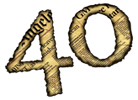It is only when the CHARACTERS allow themselves to be lead by a cloud of smoke that they discover the parking lot and learn that they are not alone.
We, like the characters, can search in vain or strive mightily with little outcome. We, too, have experienced the sudden liberation, the opening of possibilities, that can only occur when we stop insisting on doing things our way.
Has the PREVIOUS MAN intentionally drawn the survivors to the parking lot? Is the smoke from his fire a call to assemble? Has he “prepared a place” for them?
PREVIOUS MAN: More of you! That’s fine. Everything’s ship-shape.
WE listen for a call to assemble. Keenly aware of our vulnerability, of how dependent we are on the hospitality and charity of strangers, we strain to hear a horn or a bell or a kindly word—any sound that might signal relief or offer solace.


EPISODE 2: A BIG ENOUGH BOAT
As Lent begins, WE, like the characters, stand around a fire and ask ourselves, “What next?”
We recall that every Lent is a journey. We know in our bones that whatever lies ahead will be arduous; it will demand sacrifice, privation and suffering.
WHEEZIE: What did he mean, Everything is ready?
OWEN: He didn’t say it was ready. He said it was ship-shape.
To the Lost, places look unfamiliar; faces are strange; signs are obscure and choices seem either inconsequential or beyond our ability. At times, it is all we can do to just step forward.
CHARLOTTE: Ma’am… we don’t know what’s in there!
The characters who venture indoors don’t discover a filthy bunker or a furtive bolt-hole, but a expansive, well-stocked and clean space that does, indeed, seem ready for immediate occupancy. Perhaps it’s a sort of way station, offering supplies and temporary comfort. Perhaps it’s meant to be a home. Or perhaps it’s a trap.
Looking at one another over dying flames, WE are humbled by our neediness and vulnerability. We are ill-suited for the challenges ahead. But we are not alone. We are in this together. We are in the same boat.
EPISODE 2 REFLECTIONS SET 1

The story of the Great Flood and the Ark is part of the Jewish, Christian and Islamic traditions. We know it by heart. Humans have turned from God, so God wipes them out and starts all over with just a few, a remnant he’d saved by ordering them onto a boat that survived the terrible waters.
AUNT DOT: I could live in a ship’s cabin. All warm wood and brass.
OWEN: Cozy.
AUNT DOT: “A safe crossing over perilous seas.”
The season of Lent is an ark, a great storm-tossed ship carrying us above the waters, transporting us to new life.





EPISODE 2 REFLECTIONS SET 2

The Event emptied an entire metropolis overnight. The world has changed forever. An entire population—wiped out, gone without a trace. At least for the time being, water still runs through pipes, electricity still works, birds still chirp in trees. But what does it all mean? Why have these people survived? Are they in some way connected to what happened? Will whatever happens next depend on what they do now? The questions are mindboggling, the implications too vast to contemplate. So the characters revert to normalcy. They shave. They eat. They rest. They draw. They chat. But how long can they pretend to be normal when the universe itself is so out of whack?
ABLE: Hey, kid… it’s alright. Everything’s gonna be alright.
TOM: “Everything’s gonna be alright?”Alright?
In Lent, as we contemplate the personal and social sins brought pain and suffering to others and left us alone and isolated, we are consistently led to similar questions of responsibility. Inevitably, we must ask, How can I respond? How can I make it right?




EPISODE 3: THE VERDICT
The discovery of the blue mark almost immediately leads the Survivors to arguments about guilt and responsibility. Wheezie asks a question as old as history itself, a question that took on even greater weight and urgency during the twentieth century.
WHEEZIE: If the whole world is guilty, then what? What can you do?
EPISODE 3 REFLECTIONS SET 1

TOM: I don’t buy this whole universal guilt thing. This isn’t the Old Testament.
WHEEZIE: But what about the mark?
TOM: You can’t attach moral significance to a blemish, I don’t care where it came from.





EPISODE 3 REFLECTIONS SET 2

If, as St. Paul wrote, “The whole world is guilty,” how can we not be inundated by the world’s sinfulness and indifference? Searching for an authentic personal response, we feel adrift and passive, unable to find a point of connection with what seems to be enormous social and historical forces operating beyond the influence of a single person.
How can I authentically respond to genocide, systematic torture and terrorism, war, unfettered corporate and national greed, the degradation of the environment and the myriad of other evils that plague the world? Is an authentic personal response even possible? Or must I pretend that my life and my choices are hermetically sealed and that I have no consequential effect on the condition of the world?
Aunt Dot: You can make a start. You have to make a start.






EPISODE 4: THE SIGN OF JONAH
Is the warehouse an ark, carrying the Survivors across turbulent waters? Is it a way-station, offering only temporary comfort? Or is it a launching place, a pier?
Lent is a journey. As pilgrims, struggling to find our way across the desert, we must be careful not to be seduced by the occasional comfort or shelter that comes our way. We must not convince ourselves that this place will suffice, that this bit of warmth or security is the destination. Christ calls to us from across the wilderness; just as Christ wanders beside us, leading us toward the new life of Easter.
For the people finding shelter in the warehouse, perhaps the Lady in the Street represents the transience of their situation. Perhaps she is a threat to the illusion of safety that some of them have so carefully constructed.
EPISODE 4 REFLECTIONS SET 1

Owen envisions the Lady in the Street as a type of Jonah, awash in a turbulent sea and swallowed by a great fish. This might be a good time to recall how Jonah wound up in the belly of that fish.
God tells Jonah to go to the evil city of Nineveh and warn its people of their impending destruction. Jonah doesn’t want to do what God asks, so he hurries to the docks and sneaks onto a boat, figuring that God will just leave him alone. But God is relentless; he hurls a terrifying storm at the ship. Curled up in the hull, Jonah sleeps through the storm until the frightened crew discovers him. Jonah concedes that he’s to blame for their predicament because God is hounding him, personally. Jonah offers to be thrown overboard, the sailors take Jonah up on the deal, and the storm stops immediately. The joyful crew thanks God, but meanwhile, poor Jonah is drowning. But God doesn’t abandon Jonah. He orders a sea monster to save Jonah by swallowing him whole. The sea monster, the only character in the story– at least so far—who does what God asks, keeps Jonah alive for three whole days before depositing him on a beach, safe and sound.




EPISODE 4 REFLECTIONS SET 2

Jonah’s story echoes backwards to the drama of Noah and the Flood, and forwards to Christ’s passion, death and Resurrection.
Surely Jonah is one of the most unwilling prophets in Scripture. Yet God chooses to work through him, despite his lack of enthusiasm, peevishness and self-pity. In fact, it is through this reluctant, whining man that God restates his Covenant, that promise of special steadfastness he made to Noah after the Flood.
Jonah’s obedience is crucial to God’s desire– which is why God hounds the fellow so relentlessly. It’s not until Jonah finally obeys God and goes to Nineveh that the story moves forward.
Jonah is infuriated when God spares Nineveh. Jonah suspected all along that, in the end, God, being merciful, wouldn’t wipe out an entire city. Jonah sees himself as the victim in this story. He charges God with harassment by forcing him into undertake what he knew to be a fool’s mission. Daring God to just kill him and get it over with, Jonah sits in the sand and pouts.
Of course, in a very real sense Jonah is just a messenger. But of what? Is the message nothing but a proclamation of coming annihilation? If so, why bother with an announcement? Jonah’s message—the Sign of Jonah– is God’s invitation to change.
The people of Nineveh hear this invitation, take it to heart, and act on it.
It’s not sorrow or the extravagance of their penance– even the livestock wears sackcloth and ashes—that saves them. It is the changes that they make.
When God saw what they did and how they turned from their evil ways, he relented.
God wants more from us than sorrow and penance. He wants conversion. He wants metanoia. He wants change. It is change that gives meaning to any Lenten penance or sacrifice. It is change that opens the way to the Resurrection.





EPISODE 5: THE ENEMY
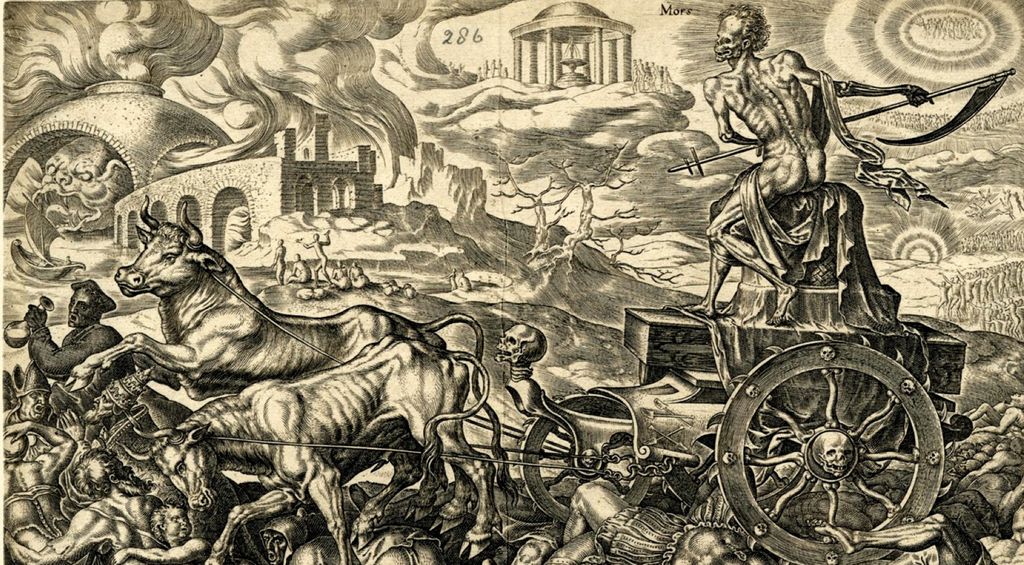
Christ’s Resurrection proclaims death to be abnormal and truly horrible.
Christ, who is Life, conquered Death. Life can no longer be defined in relation to Death.
To insist that Suffering and Death are as powerful as Life is to reject the Resurrection.
EPISODE 5 REFLECTIONS SET 1


Aunt Dot: It’s an old-fashioned disease.


EPISODE 5 REFLECTIONS SET 2

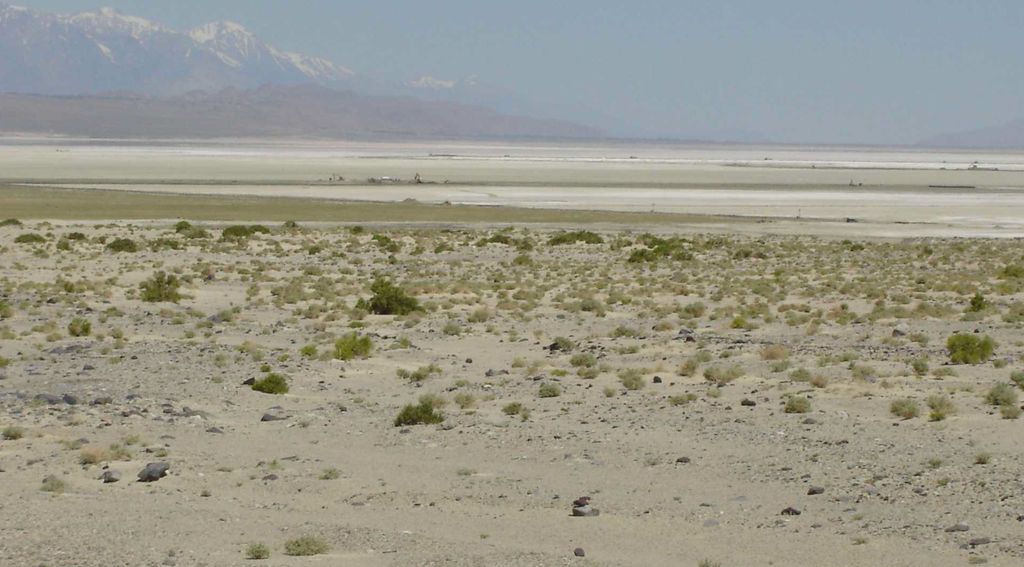
Tom: You can call it Armageddon or you can blame it on aliens, but, in fact, it’s just a process.


EPISODE 5 REFLECTIONS SET 3


Wheezie: We don’t know they’re dead… Maybe they were taken.


EPISODE 5 REFLECTIONS SET 4


Able: We are talking about the same thing here, aren’t we? Billions dead?


EPISODE 5 REFLECTIONS SET 5

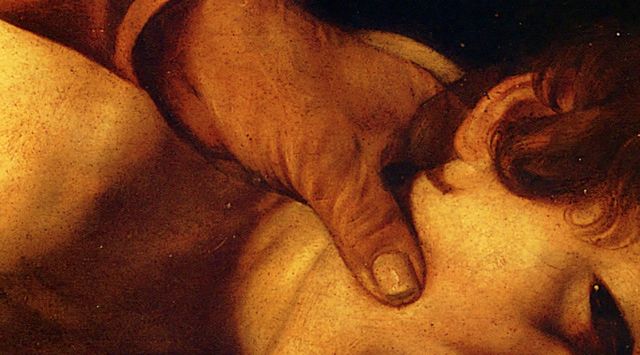
Owen: Wherefore was that cry?
Then Abraham reached out and took the knife to slaughter his son.
But the LORD’S messenger called to him from heaven, “Abraham, Abraham!” “Yes, Lord,” he answered. “Do not lay your hand on the boy,” said the messenger. “Do not do the least thing to him. I know now how devoted you are to God, since you did not withhold from me your own beloved son.”
Gen 22: 10 – 12



EPISODE 6: A CITY ON A HILL
Owen tells the survivors that 40 signifies a where, not a what. Aunt Dot confirms that 40 is “where you want to go.”
We ask ourselves, where do we want to go? What is the end point of our wandering? What place—lost, yet keenly remembered—beckons us across the wilderness?
It is the City on a Hill.
It is Jerusalem.
EPISODE 6 REFLECTIONS SET 1


The journey to Jerusalem is the real journey, the only journey.
Then Abraham reached out and took the knife to slaughter his son.
But the LORD’S messenger called to him from heaven, “Abraham, Abraham!” “Yes, Lord,” he answered. “Do not lay your hand on the boy,” said the messenger. “Do not do the least thing to him. I know now how devoted you are to God, since you did not withhold from me your own beloved son.”
Gen 22: 10 – 12






EPISODE 6 REFLECTIONS SET 2

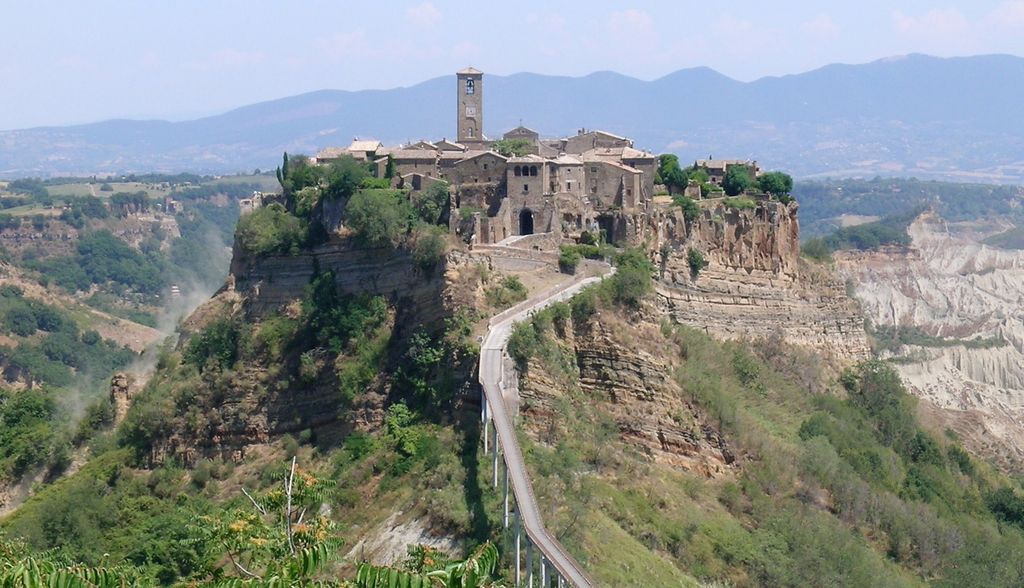
God waits for us in Jerusalem.





EPISODE 6 REFLECTIONS SET 3


But to reach Jerusalem, we must take up the cross.




EPISODE 7: THE PROPHETS REWARD
The mark that once bound the Survivors together—however mysteriously– now threatens to divide them. Everyone senses that something momentous is occurring, but no one– least of all the three whose marks have changed—can say what it is.
Owen, Able and Tom now share an intense, almost primordial, urge to undertake an unspecified journey with an enigmatic destination—40. Their responses to surprising development are as varied as one would expect.
Owen scans the sky for portents. Able fasts. Tom searches for facts. All three come up dry.
My soul thirsts for the Living God: when shall I see God face to face?
Psalm 42:2
My soul thirsts for you; my flesh faints for you, as in a dry and weary land.
Psalm 63:1
I am a stranger in this world– do not hide your commandments from me. My soul is crushed with longing.
Psalm 119: 19 – 20
We thirst. We faint. Our souls are crushed with longing.
Our longing for God’s commandments draws us to change; our thirst for wholeness leads us to change; the reproach of the prophets demands that we change.
EPISODE 7 REFLECTIONS SET 1

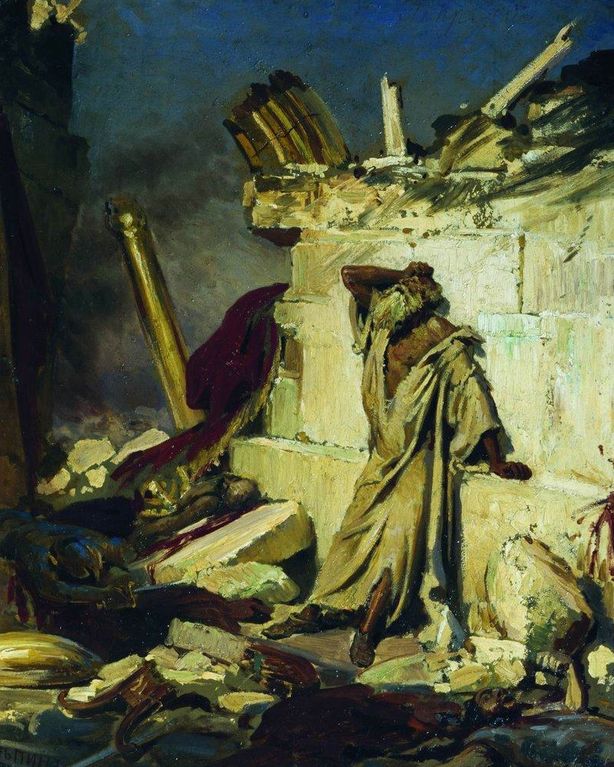
We know in part, and we prophesy in part.
I Corinthians 13: 9
Why have you torn your garments? Let him come to me and find out that there is a prophet in Israel.
2 Kings 5: 8
Listen to the prophets! Confess and change!



EPISODE 7 REFLECTIONS SET 2

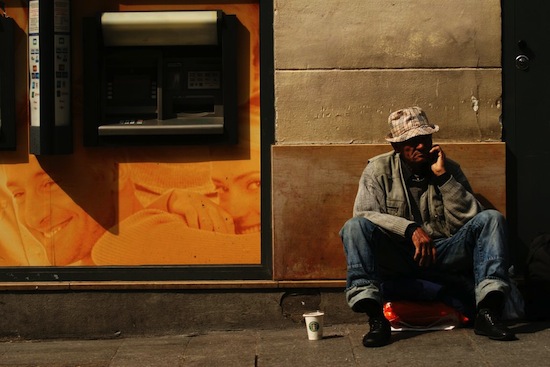
Wheezie: She’s just an old lady!
Charlotte: And that gives her the right to make life miserable for everyone?
Able: You can’t just throw her out!
Charlotte: The hell I can’t!




EPISODE 8: THE DIACHRONIC PROBLEM OF PERSONAL IDENTITY

EPISODE 8 REFLECTIONS SET 1

EXT. PARKING LOT
Able is hunkered into a shady corner of the lot, swiping at the screen of his smart phone. He’s scrolling though his digital pictures. This is what he sees:
- Able and his mother, both in sunglasses, sitting on a boardwalk bench.
- Able and a girlfriend in a bar.
- Able and two dogs.
- Able and a girlfriend at the entrance of a National Park.
- Able and a buddy, hoisting beer glasses and mugging for camera.
- Able and his father in front of a church.
- Able and 2 pals, arms around shoulders.
- Able and his father.
- Able and a married couple.
- Able, under a white pick up; just his legs are visible.
- Able, staring into the camera
BACK TO:
Able keeps clicking through the photos– faster and faster, back and forth—desperate to remember those people, to recall that life, to recognize himself.








EPISODE 8 REFLECTIONS SET 2

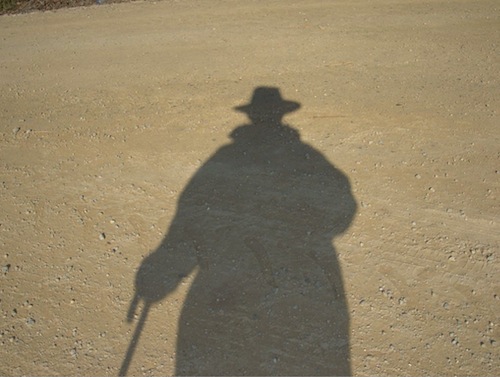
Identity in the form of continuity of personality is an extremely important characteristic of the individual.
Kenneth L. Pike




EPISODE 8 REFLECTIONS SET 3







EPISODE 9: DREAMERS
CHARLOTTE: I had the weirdest dream…
AUNT DOT: Artists see things we don’t. We see what’s real; Gus sees what’s true. And take it from me, real and true aren’t always the same.
ABLE: It’s like an angel with a fiery sword came to me in a dream and said Go. And I said Yes. That Yes just flew out of me. Yes to wherever! Yes to whatever!
EPISODE 9 REFLECTIONS SET 1

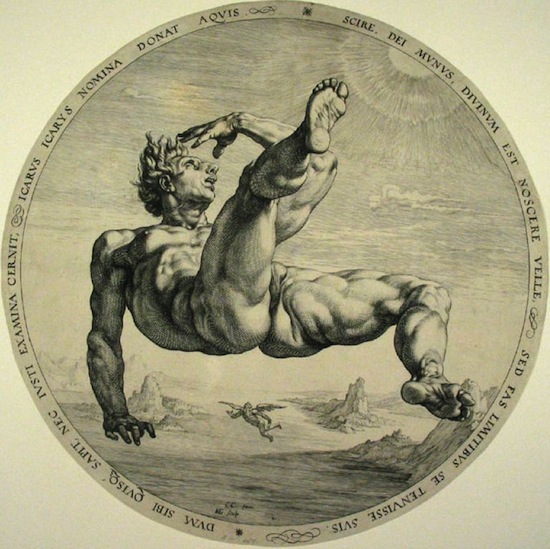
I fell in love. It felt exactly like a fall, a head-over-heels tumble into a state of unbearable lightness. The earth tilted on its axis. I did not believe in romantic love at the time, thinking it a human construct, an invention of fourteenth century Italian poets. I was as unprepared for love as I had been for goodness and beauty. Suddenly, my heart seemed swollen, too large for my chest.
-Philip Yancey-
We fall in love and everything about us changes. The beloved makes his wishes known through dreams, dreams that bring harrowing challenges, appalling ultimatums, bone-chilling warnings and prophesies. To fall in love is to wreak havoc.







EPISODE 9 REFLECTIONS SET 2

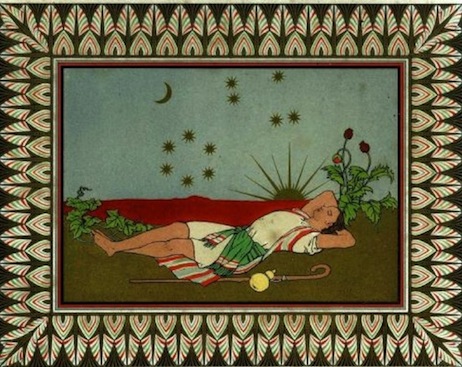
Israel loved Joseph best of all his sons, for he was the child of his old age; and he had made him a long tunic. When his brothers saw that their father loved him best of all his sons, they hated him so much that they would not even greet him. So Joseph went after his brothers and caught up with them in Dothan. They noticed him from a distance, and before he came up to them, they plotted to kill him. They said to one another: “Here comes that master dreamer! Come on, let us kill him and throw him into one of the cisterns here; we could say that a wild beast devoured him. We shall then see what comes of his dreams.”
-Gen 37: 3 – 13-








EPISODE 9 REFLECTIONS SET 3


Solemnity of Saint Joseph, husband of the Blessed Virgin Mary.
“…when, behold, the angel of the Lord appeared to him in a dream.”
Matthew 1: 18



EPISODE 10: THE WAILING
EPISODE 10 REFLECTIONS SET 1

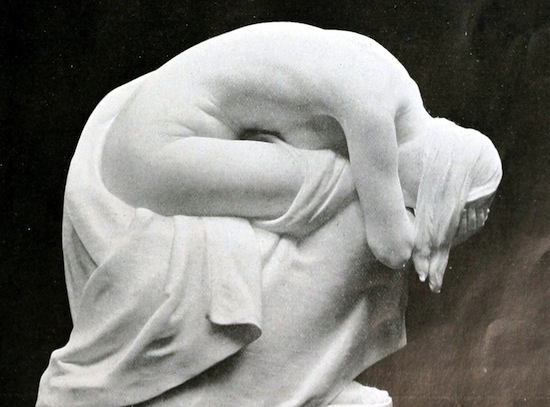
My soul is in deep anguish.
How long, LORD, how long?
I am worn out from my groaning.
All night long I flood my bed with weeping
and drench my couch with tears.
My eyes grow weak with sorrow;
they fail because of all my foes.
Psalm 6: 3, 6-7










EPISODE 10 REFLECTIONS SET 2

The church knows, or should know, this language all too well: it is the language of lament. It is a language that we need to reclaim, for it has to a large extent been negated in Christian faith and worship. If we contend that preaching is a language of hope, we will have to re-learn the language of lament. There can be no language of hope without language of lament: they are flipsides of the same coin. Praise, which results from hope, can retain its authenticity and naturalness only in polarity with lamentation.
The question arises: if lament is indeed part and parcel of the dialogue between God and humans, why has lament been so greatly reduced and censored in our preaching and our worship?
-Johan Cilliers-





EPISODE 10 REFLECTIONS SET 3


The church knows, or should know, this language all too well: it is the language of lament. It is a language that we need to reclaim, for it has to a large extent been negated in Christian faith and worship. If we contend that preaching is a language of hope, we will have to re-learn the language of lament. There can be no language of hope without language of lament: they are flipsides of the same coin. Praise, which results from hope, can retain its authenticity and naturalness only in polarity with lamentation.
The question arises: if lament is indeed part and parcel of the dialogue between God and humans, why has lament been so greatly reduced and censored in our preaching and our worship?
-Johan Cilliers-









EPISODE 11: THE AGE OF PARADOX
The Solemnity of the Annunciation of the Lord
Brothers and sisters:
Jews demand signs and Greeks look for wisdom,
but we proclaim Christ crucified,
a stumbling block to Jews and foolishness to Gentiles,
but to those who are called, Jews and Greeks alike,
Christ the power of God and the wisdom of God.
For the foolishness of God is wiser than human wisdom,
and the weakness of God is stronger than human strength.
1 Corinthians 1: 22 – 25
We are regarded as deceivers and yet true; as unknown yet well-known; as dying yet behold, we live; as punished yet not put to death; as sorrowful yet always rejoicing; as poor yet making many rich; as having nothing yet possessing all things.
2 Corinthians 6: 8 – 10
EPISODE 11 REFLECTIONS SET 1


An Angel appears and announces a Paradox: The Incarnation is at hand. A virgin will conceive and give birth. Her child will be God With Us. The Creator becomes the Created.
Wings beating about the room… What is this fallen star?
-W.B. Yeats-







EPISODE 11 REFLECTIONS SET 2

Paradox stuns the rational mind and reveals truth to the heart.
The very contradictions in my life are signs of God’s mercy to me.
-Thomas Merton-
The paradox of the Incarnation challenges us to find God in the weak, the poor, the ignorant and the powerless. The Incarnation reveals that love necessarily entails solidarity.







EPISODE 11 REFLECTIONS SET 3


Even more surprising than Jesus’ preferential option for the poor is God’s preferential option for the sinner.
By choosing to walk with sinners before they ask for forgiveness, Jesus entirely rejects the notion of earning or meriting God’s love.




EPISODE 11 REFLECTIONS SET 4

What Gabriel proclaims during the Annunciation is the end of the old thrall and the beginning of the Age of Paradox.









EPISODE 11 REFLECTIONS SET 5


TOM: That– out there– what happened to us when Rebecca woke up? That wasn’t grief. That was something primordial, brutal, daemonic. It was something out of Euripides or Jeremiah. Pre-rational. Amygdalic.
An angel precedes the first paradox.
But suffering and lamentation precede the ultimate paradox: the Resurrection.
Life conquers Death.


































































































































































































































